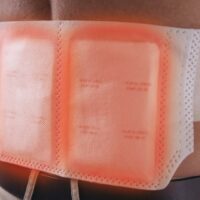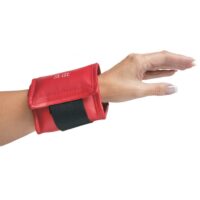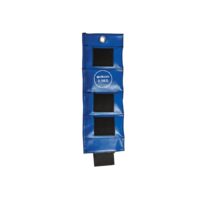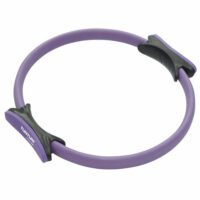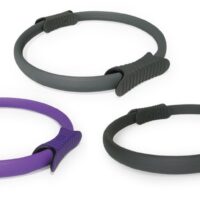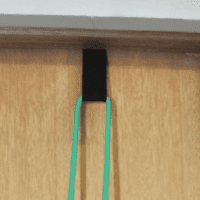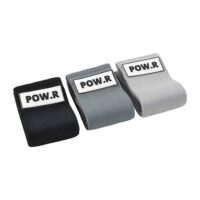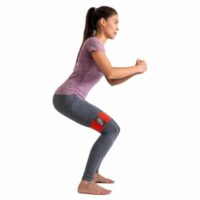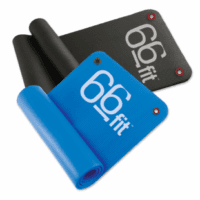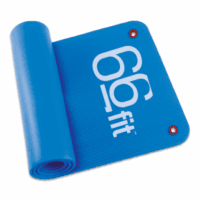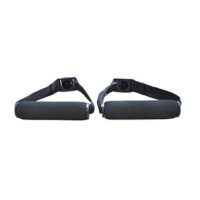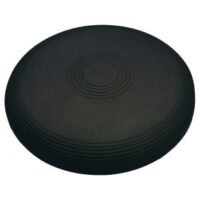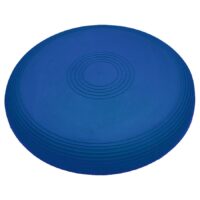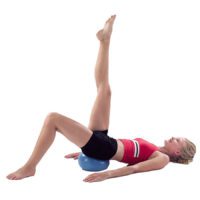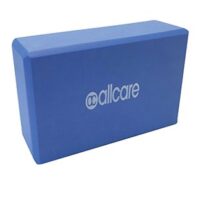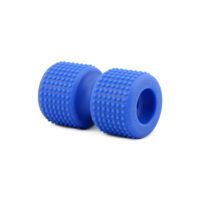Article by John Miller
How Do You Know if it’s Muscle Pain or Something Else?

Decoding Muscle Pain: Is It a Strain or Something Else?
Torn Muscle? No matter how you describe it – “pulled muscle”, “muscle strain”, “muscle injury”, or “muscle tear”, the result is an injury to your muscle resulting in muscle pain, muscle weakness and reduced muscle performance.
The key symptoms when determining if a muscle injury is severe and something that requires professional assessment and treatment include the following:
Time
- Sudden onset of pain rather than soreness the day after exercise
- Pain or muscle soreness that fails to settle within one to three days
Loss of Function
- Loss of function
- including loss of strength or muscle weakness
- discomfort or inability to weight-bear or lift against gravity
- Inability to perform a sudden or faster movement.
- Loss of flexibility
- Significant muscle injuries will cause the muscle to shorten, making you less flexible.
Bleeding
- If you can visibly see bruising around the injury site, you have suffered at least partially ruptured blood vessels.
Mechanism of Injury
- High-speed injuries, e.g. hamstring tear from sprinting
- High-load injuries, e.g. weight lifting
- Trauma, e.g. muscle contusions such as a corked thigh
What about DOMS?
Overtraining conditions such as delayed onset muscle soreness (DOMS) or muscle cramps are less urgent conditions that generally settle within a few days after the overloading.
You should also be aware that not all muscle pain is injury-related and can be due to systemic conditions such as fibromyalgia or rheumatoid arthritis. Please consult your trusted healthcare practitioner for a thorough assessment and diagnosis of your muscle pain.
Symptoms of a Muscle Strain
- Muscle tightness
- Bruising
- Weakness
- Inability to fully stretch your injured muscle
- Loss of function
How to Care for Your Muscle Pain?
Any strain, injury or tear can cause muscle pain. The most common is the high-speed and load muscles such as your hamstrings, thigh (quadriceps), calf, back and biceps.
More info:
Muscle tears can range from a mild strain (Grade 1), moderate strain (Grade 2) to a complete rupture (Grade 3). Treatment options vary depending on your muscle strain, tear or rupture severity. Please seek the treatment advice of your trusted physiotherapist.




